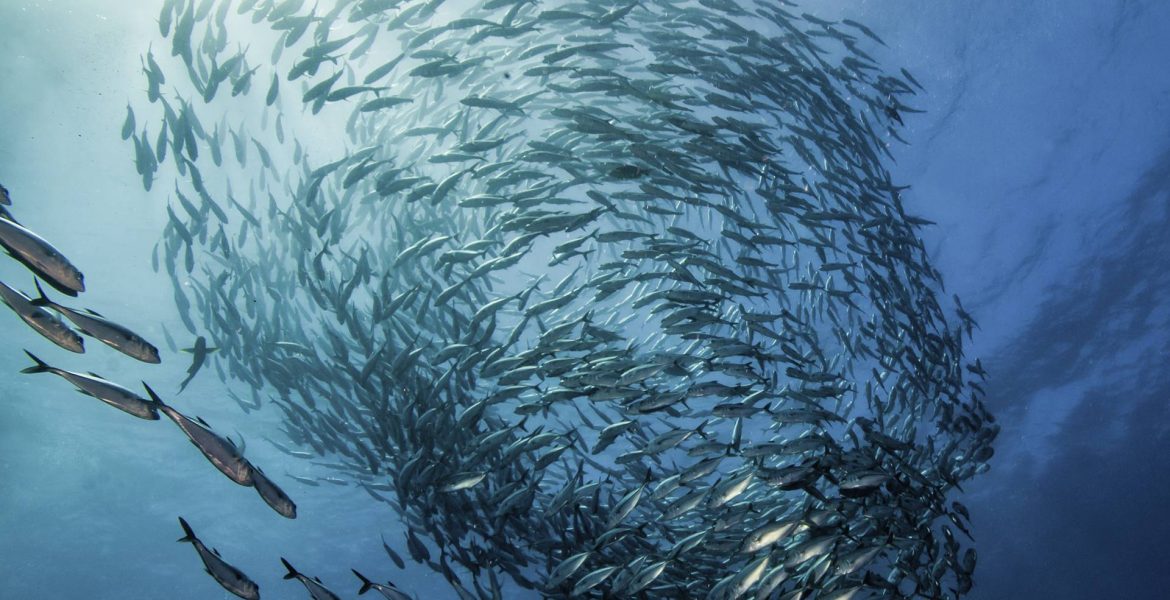For the first time, the EU and neighbouring countries in the Mediterranean agreed on the establishment of five fully-fledged multiannual management plans (MAPs) based on the principles of the CFP.
It is a key step in improving the environmental and economic sustainability of fishing in the Mediterranean.
The five new MAPs will cover key Mediterranean sub-regions: Alboran Sea in the Western Mediterranean, the Strait of Sicily, the Ionian and the Levant Sea.
The new MAPs will help strengthen efforts to curb overfishing and improve the state of some of the most valuable fish stocks in the sea basin, such as deep-water shrimps, hake and blackspot seabream. In addition, they will consolidate the legal framework for the sustainable exploitation of the stocks, in order to ensure the profitability of the fishing sector, and a level playing field for the Mediterranean fleets.
Furthermore, the EU, Morocco and Algeria agreed on a roadmap for the establishment of the first shared fisheries restricted area (FRA). The future FRA will cover the waters of Spain, Morocco and Algeria in the Cablier Mound area of the Alboran Sea. It will complement the new Alboran MAP measures for the protection of the blackspot seabream stock, which is in a critical state.
To ensure the proper implementation of the management measures under the MAPs and the monitoring of fishing activities, the GFCM adopted, as permanent, the international joint inspection scheme in the Strait of Sicily and, based on its successful implementation, adopted a new joint inspection scheme in the Ionian Sea.
In addition, a general ban on transhipment at sea was also agreed for the first time ever – an essential tool in the fight against illegal, unreported and unregulated (IUU) activities in the Mediterranean and Black Seas.
Based on an EU proposal, the GFCM has decided to launch an assessment of the potential impact of changing the depth limits of the existing fishing restrictions established by the GFCM in depths of below 1000 m, with a view to possibly introducing restrictions also in shallower waters. This assessment will require advancing the knowledge on the distribution of vulnerable marine ecosystems (VMEs), the determination of the bottom trawling fishing footprint and potential gear-related management measures. There is also an agreement to establish an observatory on non-indigenous species in the Mediterranean and the Black Sea. As a first step, it will conduct a pilot study on the invasive species threatening marine ecosystems and local fishing communities.
The GFCM also decided to strengthen transitional management measures for the European eel and red coral, as well as the development of measures for small-scale fisheries, essential for the livelihoods of local communities.
Finally, the GCFM took a decision for the management of recreational fisheries, a first for such a decision at a regional level. Managing recreational fisheries is essential for sustainable fisheries management, given their increasing impact on the stocks.




